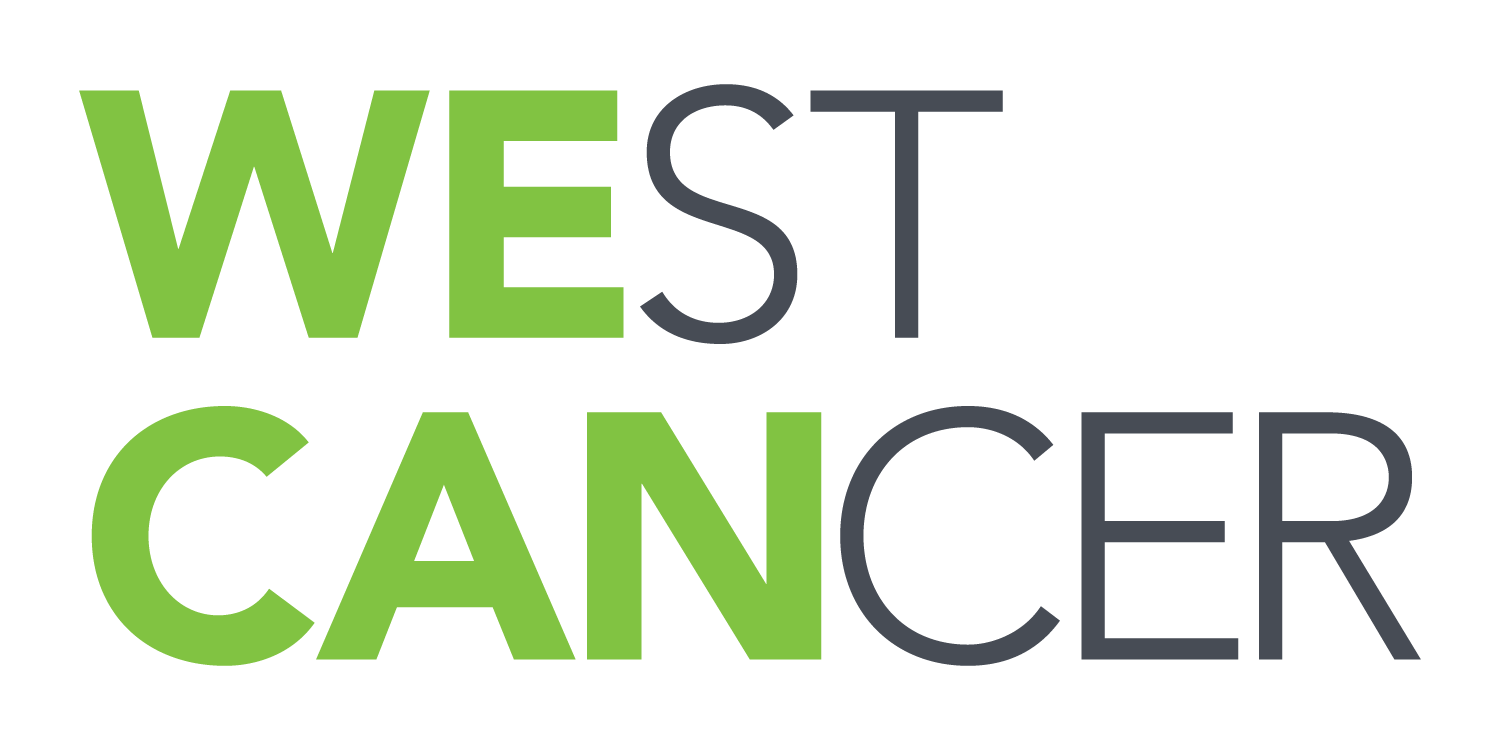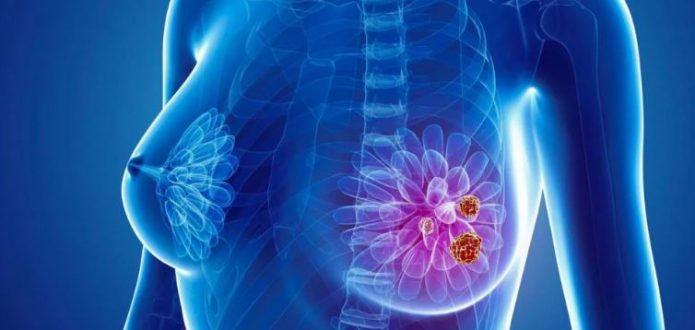Breast Cancer:
If you or your loved one is dealing with a diagnosis of breast cancer, our comprehensive team of breast cancer specialists at West Cancer Center & Research Institute is here to surround you with the latest treatments and technology to design a personalized treatment plan specific to your disease. Our goal is to also provide resources and information to better help you understand and manage your breast cancer.
What is Breast Cancer?
Breast cancer is a disease that begin with uncontrolled growth of the breast cells. There are many different types of breast cancer. The kind of breast cancer depends on which cells in the breast turn into cancer. The breast is made up of three main parts: lobules, ducts, and connective tissue. Most breast cancer being in the ducts or lobules.
Types of Breast Cancer
DUCTAL CARCINOMA IN SITU (DCIS)
This form of breast cancer is also called intraductal This metastatic cancer is aggressive and fast growing due to the cells making too much of a protein known as HER2. Very specific treatment plans are designed for women with this form of breast cancer.
HER2-POSITIVE BREAST CANCER
This breast cancer over-expresses a protein on the outside of the cells that can be measured. IT is important to know because specific chemotherapy is used in the treatment plan.
HR+ POSITIVE BREAST CANCER
This breast cancer is fueled by either or both the hormones estrogen (ER+) and progesterone (PR+) Personalized treatment plans are designed that may include hormone therapy, surgery, chemotherapy, and radiation.
INFLAMMATORY BREAST CANCER (IBC)
This rare form of breast cancer presents with a swollen, red and tender appearance and advances rapidly from the original location to nearby tissue and even the lymph nodes.IBC symptoms are caused by cancer cells blocking lymph vessels in the skin. You can also see a pitting or thickening of the skin that may look like an orange peel.
INVASIVE LOBULAR CARCINOMA
This invasive type of cancer begins in the lobules (milk-producing glands) and can spread to other parts of the body, including the lymph nodes.
INVASIVE DUCTAL CARCINOMA
This invasive type of cancer begins in the ducts and can spread to other parts of the body, including the lymph nodes.
MALE BREAST CANCER
Although breast cancer is most common in women, it can affect men-especially older men. It is treated the same as female breast cancer.
METASTATIC BREAST CANCER
Also called advanced breast cancer or Stage IV, means your breast cancer has spread beyond the breast to other parts of the body (such as the bones, lung, liver or brain). This diagnosis is often misunderstood since the cancer is still breast cancer even though it lives in another organ and requires a treatment plan specific for breast cancer.
PAGET’S DISEASE OF THE BREAST
This is a rare form of breast cancer involving the skin of the nipple. Paget disease starts in the breast ducts and spreads to the skin of the nipple then to the areola.
RECURRENT BREAST CANCER
This form of breast cancer can occur months or even years after the initial treatment from cancer cells that survived the initial treatment undetected and multiplied. The cancer may re-occur in the same place or have spread to another part of the body.
TRIPLE-NEGATIVE BREAST CANCER
This breast cancer does not grow based on hormone receptors (estrogen and progesterone proteins that tell cells what to do) or too many HER2 receptors.
ANGIOSARCOMA
This rare form of cancer starts in the lining of the lymph vessels or blood vessels. It can cause skin changes or a lump in the breast and is sometimes a complication of previous radiation treatment to the breast.

Schedule an Appointment
Click here if you would like to schedule an appointment or refer a patient.
Schedule an Appointment

Find a Clinical Trial
Our patients have advanced access to the therapies of tomorrow – today.
See Clinical Trials

Learn More
To learn more, please click here to visit the National Comprehensive Cancer Network website for more information.
Learn More

Learn more about how to schedule an appointment or refer a patient to our oncology specialists here at West Cancer Center.





